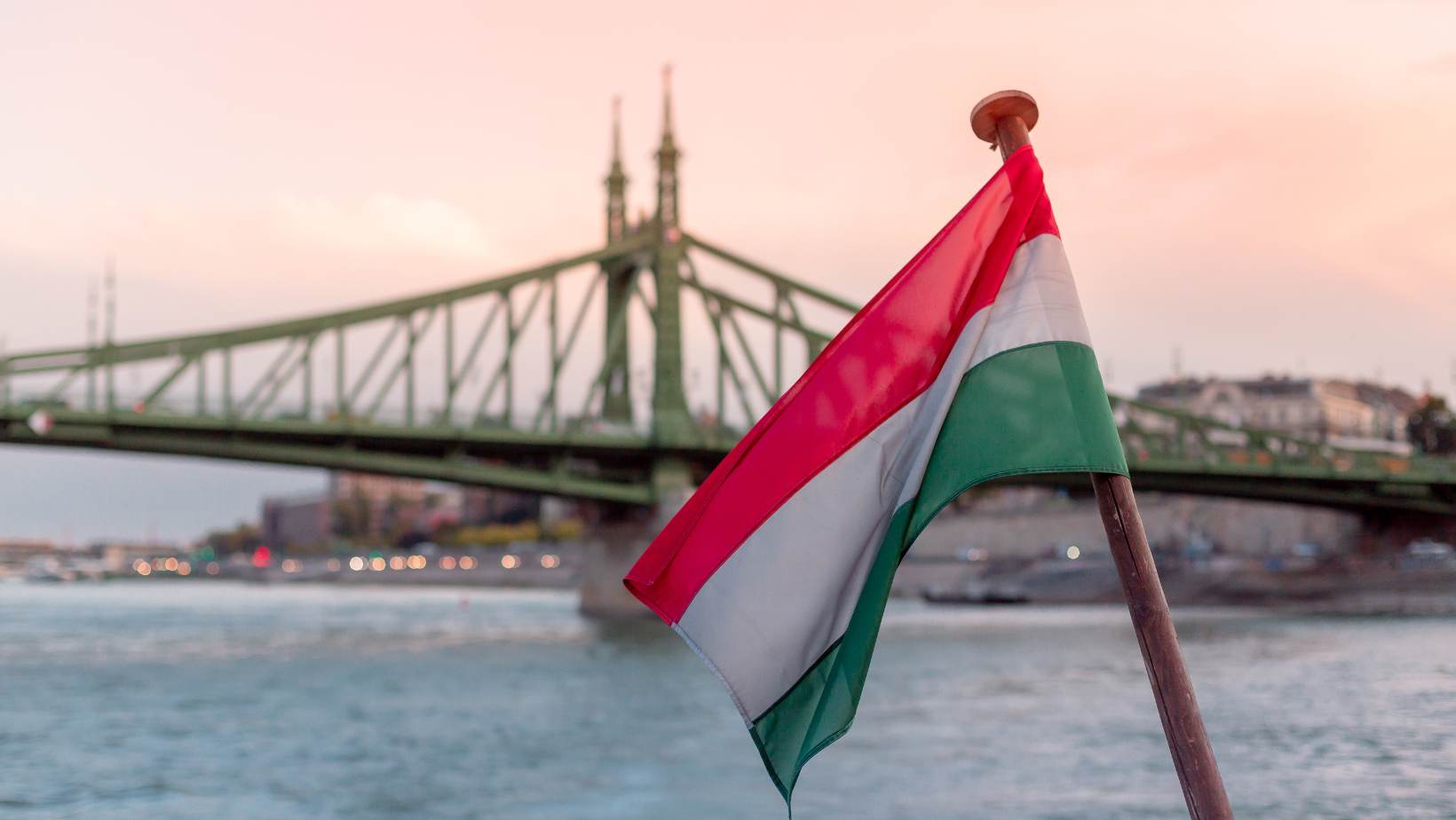The Legacy of King Stephen
King Stephen’s impact on Hungarian history and culture cannot be overstated. His reign marked a pivotal turning point for the Magyar people, setting them on a path towards becoming a stable, Christian European nation.
Establishing Christianity
One of Stephen’s most significant achievements was his successful conversion of the Magyar people to Christianity. By embracing the dominant religion of Europe at the time, Stephen helped to integrate Hungary into the broader European community and establish important diplomatic ties with other Christian nations.
Strengthening the Monarchy
Stephen also worked to consolidate his power and establish a strong, centralized monarchy. He implemented a system of counties, each governed by a royal official, and established a standardized system of laws and administration. These reforms helped to unify the Magyar tribes under a single ruler and laid the groundwork for Hungary’s future as a major European power.
Patron Saint of Hungary
In recognition of his role in establishing Christianity in Hungary and his many other accomplishments, Stephen was canonized as a saint by the Catholic Church in 1083. He is now considered the patron saint of Hungary, and his legacy is celebrated not just on St. Stephen’s Day, but throughout the year in Hungarian art, literature, and popular culture.
St. Stephen’s Day Traditions
Over the centuries, a number of unique traditions have developed around the celebration of St. Stephen’s Day in Hungary. Here are a few of the most notable:
Procession of the Holy Right Hand
According to legend, Stephen’s right hand, which was said to have remained intact long after his death, possesses miraculous powers. Each year on St. Stephen’s Day, this relic is carried in a ceremonial procession through the streets of Budapest, allowing the faithful to pay their respects.
Festival of Folk Arts
The long weekend around St. Stephen’s Day is also marked by a major festival celebrating Hungarian folk arts and crafts. Artisans from across the country gather in Budapest to display their wares, demonstrate traditional crafting techniques, and share their cultural heritage with visitors from around the world.
Air Show and Fireworks
In addition to the iconic fireworks display over the Danube, St. Stephen’s Day also features an impressive air show put on by the Hungarian Air Force. Military planes and helicopters perform daring stunts and maneuvers, delighting the crowds below.
St. Stephen’s Day is more than just a day off work for Hungarians – it’s a celebration of their nation’s history, culture, and identity. By honoring the legacy of their founding king and patron saint, Hungarians reaffirm their connection to their unique heritage and their place in the larger story of European history.
So whether you find yourself in Hungary on August 20th or simply want to learn more about this rich cultural tradition, take a moment to reflect on the remarkable life and enduring impact of King Stephen. His story is a testament to the power of faith, leadership, and national pride in shaping the course of history.
